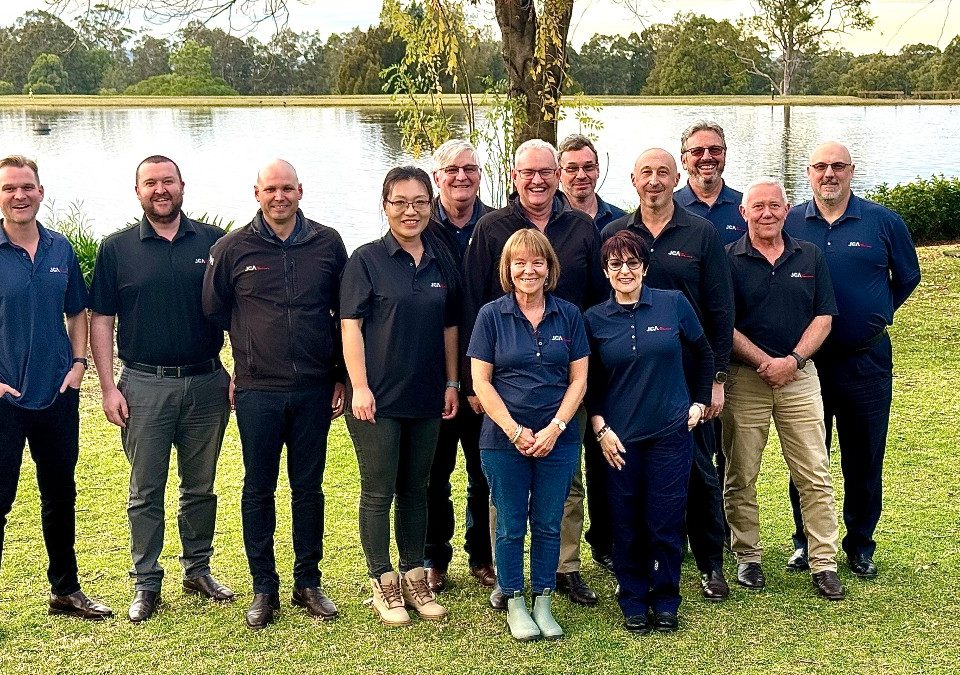How to manage an age-diverse workplace
By Nicky Champ
Cast your mind back to the 2015 film, The Intern, starring Robert de Niro as Anne Hathaway’s elderly assistant. Back then, the idea of a seventy-year-old in the workplace seemed novel. Yet today, with people living and working longer, it reflects a global trend of older workers staying in or returning to the workforce (also known as unretirement).
With the increased cost of living and the movement away from a traditional retirement, there are now four, up to five, generations in the workforce at the same time.
Transitioning Well’s Rachael Palmer says having older employees in the workplace benefits the whole company, with people of different generations able to support and develop each other.
“Younger generations are more open to working collaboratively and able share skills honed from being digital natives, says Rachel. “At the same time, older generations can share knowledge and relationship skills gained over their working lives and are often better able to cope with stress.
Mentoring and reverse mentoring add a sense of meaning and purpose to older people in their jobs, help build cross-generational bonds, and can boost morale and increase overall productivity in the workplace.”
Managers today need to have the skills to create sustainable and healthy workplace practices to suit everyone, regardless of their own generation.
The good news is there are specific actions employers can take that increase engagement and wellbeing for people of any age. These include training employees, rewarding good performance, and consulting people by involving them in decision-making.
Tips for managing all generations
Managing a multi-generation workforce can present many challenges for leaders, but if done well, the benefits of an age-diverse workplace far outweigh the challenges.
Avoid making assumptions
Stereotypes and assumptions are significant barriers to older (and younger) workers in the workplace. Research has dispelled many mature-aged worker myths, such as being less capable of adopting new technologies or being more prone to health problems. Arm your managers with the facts to reduce bias and stereotypes. Don’t know where to start? Check out how we can help here.
Leverage job crafting and accommodations
Listen to your people, be they old or young, to better understand their strengths and limitations. When managers know their people, they can use formal and informal processes to nurture that person-job fit. Job crafting is an informal process of performing a role by leveraging the strengths of a team of individual, whereas work adjustments are more formal accommodations made to protect and promote physical and mental health so that people can continue to perform the key requirements of the role.
Encourage flexible work conversations
Flexibility is valuable for all ages and working parents and people 55 years or older are entitled to request flexible working arrangements (along with people with other protected attributes). Best practice flexible working arrangements go far beyond part-time work or work-from-home. Options that appeal to workers will depend on their life-stage so conversations are essential. Ensure managers understand best practice flexible working arrangements and have the skills to discuss options with people. Using trial periods can be an effective mechanism to test assumptions around flexible work limitations.
Enable knowledge transfer
Introduce mentoring or buddy systems that facilitate two-way learning across different age groups. Succession planning is also an important part of this knowledge transfer and can help individuals feel comfortable and prepared to retire.
Normalise late career conversations
Don’t wait until pre-retirement to talk about the retirement transition. Equally as important, don’t assume that an older worker is counting the days to retirement and is uninterested in training or progression. Integrate career conversations into the employee management framework and train managers on how to have the conversations across all life stages. This is a simple way to keep everyone’s skills up to date and reduce the risk of people feeling discriminated against.
Many of the above strategies involve communication, which isn’t coincidental. Gone are the days of one-size-fits-all HR policies and practices. People today want to be seen as individuals and more than just workers. They want to feel valued and draw meaning from their work rather than simply trading their time for financial compensation (even in a downturn).
Leaders and managers have the opportunity to create a future of work that’s fit for all ages. The impetus to get it right now? Before we know it, the Alpha generation will be our managers.
If you’d like to get in touch about how Transitioning Well can support your leaders to manage a multi-generational workplace, contact us today.



